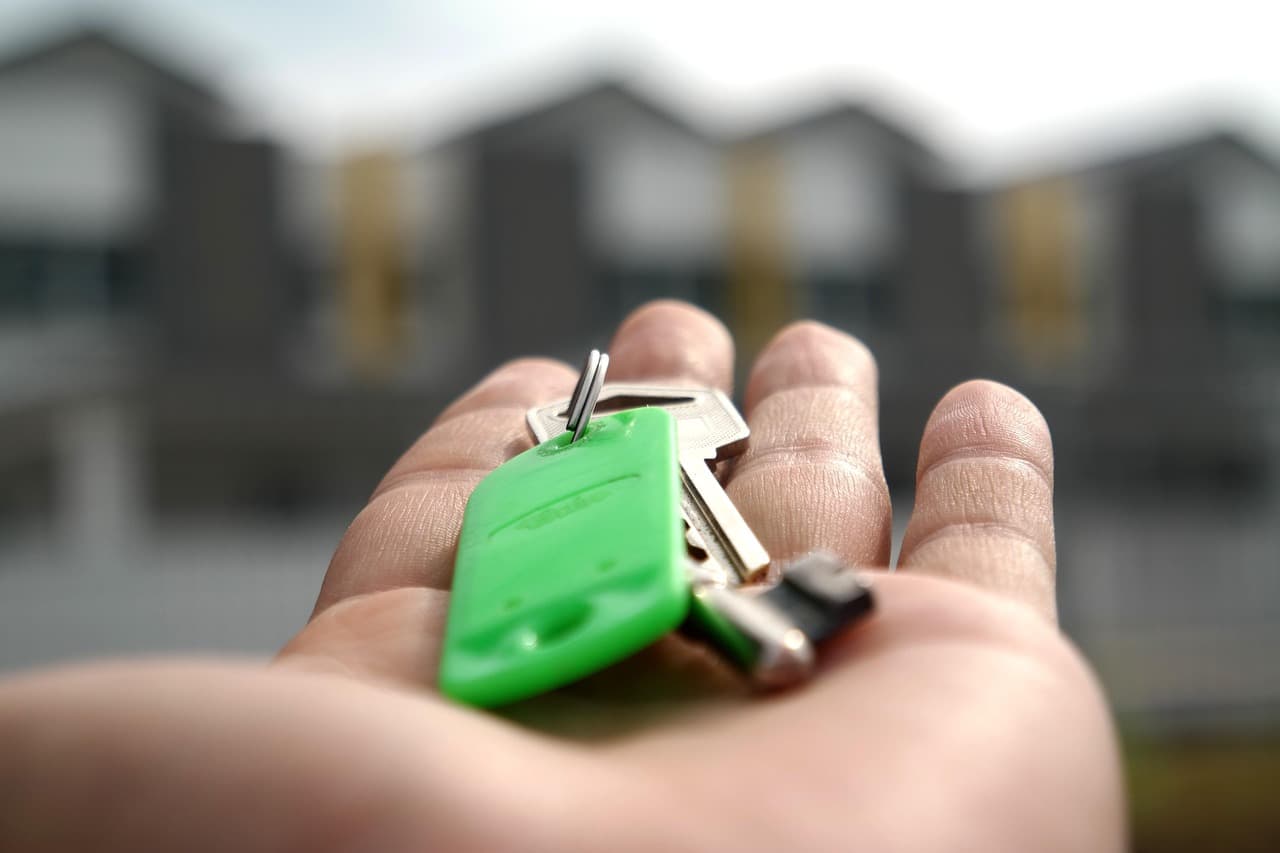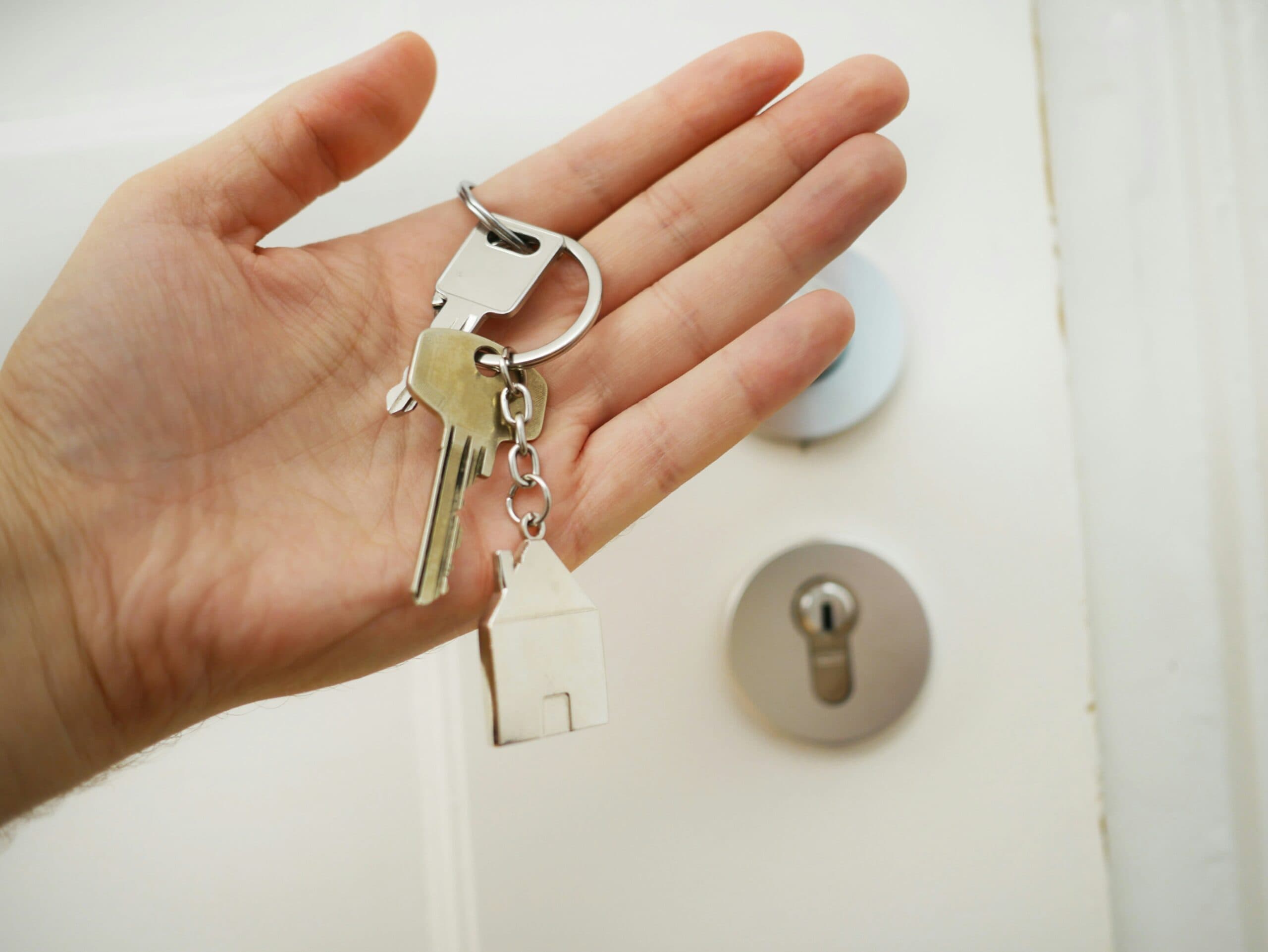
DECEMBER 20, 2024
VA Loans: Preparing and Applying for the Home You Deserve
Buying a home is one of the most significant milestones in life, and for veterans and active-duty military members, the VA Loan program offers a remarkable opportunity. Backed by the U.S. Department of Veterans Affairs, VA loans provide accessible and affordable pathways to homeownership. Whether you’re new to the concept or considering your next home, this comprehensive guide will walk you through what VA loans are, their benefits, and the preparation and application process.
Understanding VA Loans
A VA loan is a mortgage designed exclusively for veterans, active-duty service members, and some members of the National Guard and Reserves. The loan is partially guaranteed by the VA, allowing lenders to offer more favorable terms without the need for a down payment in most cases.
Key Benefits of VA Loans:
- No Down Payment: Unlike conventional loans, VA loans often require no upfront cash for a down payment.
- Competitive Interest Rates: Borrowers benefit from lower interest rates compared to other loan types.
- No Private Mortgage Insurance (PMI): Save money each month by avoiding the additional cost of PMI.
- Flexible Credit Requirements: VA loans are more forgiving when it comes to credit scores and financial history.
Step 1: Determine Your Eligibility
Eligibility for a VA loan depends on your military service. Here’s what you need to qualify:
- Certificate of Eligibility (COE): The VA issues this document to confirm your eligibility based on your service history.
- Service Requirements: Typically, you’re eligible if you’ve served:
- 90 consecutive days during wartime.
- 181 days during peacetime.
- Six years in the National Guard or Reserves.
Spouses of service members who died in the line of duty or due to a service-related disability may also qualify.
How to Get Your COE:
- Apply through the VA’s eBenefits portal.
- Work with your lender, who can often retrieve the COE on your behalf.
- Submit Form 26-1880 directly to the VA by mail.
Step 2: Prepare Your Finances
While VA loans are lenient, preparing your finances can smooth the application process and boost your confidence.
- Check Your Credit Score:
- The VA doesn’t set a minimum credit score, but most lenders prefer scores of 620 or higher.
- Obtain a free credit report from AnnualCreditReport.com and address any errors or overdue accounts.
- Calculate Your Debt-to-Income Ratio (DTI):
- Lenders often look for a DTI below 41%. This is your monthly debt payments divided by your gross monthly income.
- Save for Closing Costs:
- While there’s no down payment required, you’ll need funds for closing costs, which typically range from 2-5% of the home’s price.
Step 3: Understand VA Loan Limits and Entitlements
While VA loans don’t technically have loan limits, there are caps on the amount the VA will guarantee. For most borrowers, the entitlement covers loans up to $726,200 (as of 2024) without requiring a down payment.
Step 4: Find a VA-Approved Lender
Not all lenders are approved to issue VA loans. Choose a lender experienced in VA loans to ensure the process runs smoothly. As a family-owned company with deep ties to the Central Valley, Buwalda Mortgage offers local expertise and a commitment to helping veterans navigate their options.
Step 5: Get Pre-Approved
Before you start house hunting, obtain pre-approval. This involves submitting documentation, including:
- Your COE.
- Proof of income (W-2s, pay stubs, or tax returns).
- Credit report.
- Employment verification.
A pre-approval letter demonstrates to sellers that you’re a serious buyer and gives you a clear understanding of your budget.
Step 6: Work with a Real Estate Agent
Select an agent familiar with VA loans. They can help you find properties that meet the VA’s minimum property requirements (MPRs), ensuring the home is safe, structurally sound, and free of health hazards.
Step 7: Complete the Appraisal and Inspection
The VA requires an appraisal to ensure the home’s value supports the loan amount. Additionally, an independent home inspection can uncover potential issues, giving you peace of mind about your purchase.
Step 8: Finalize the Loan
Once the appraisal is complete, your lender will process the loan and prepare the closing documents. At this stage, you’ll review and sign the paperwork, pay any remaining closing costs, and receive the keys to your new home.
Common Challenges and How to Overcome Them
- Low Credit Score? Work with your lender to identify ways to improve your score or explore flexible options.
- High DTI Ratio? Pay down existing debts or increase your income to improve your ratio.
- Property Doesn’t Meet MPRs? Negotiate repairs with the seller or search for a different property.
Why Choose Buwalda Mortgage?
With over 28 years of experience, Buwalda Mortgage specializes in helping veterans and active-duty members achieve homeownership. Our personalized service, local expertise, and deep commitment to those who serve make us the trusted choice for VA loans in the Central Valley.
Ready to Take the Next Step?
Contact Buwalda Mortgage today to learn more about VA loans and how we can help you secure your dream home.
Recent Posts

Asset-Based Mortgage Loans in California: How They Work
JANUARY 7, 2026

First-Time Homebuyer Mortgage Options in California Explained
JANUARY 2, 2026

How to Qualify for a Mortgage With Private / Non-QM Loans
DECEMBER 6, 2025

Refinancing Your Home Loan: Lower Payments or Shorter Term?
DECEMBER 4, 2025

Conventional Loan Requirements Every California Buyer Should Know
NOVEMBER 5, 2025

How to Qualify for FHA Loans in California
OCTOBER 30, 2025
